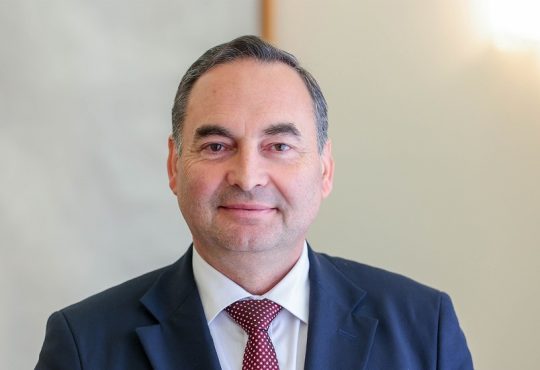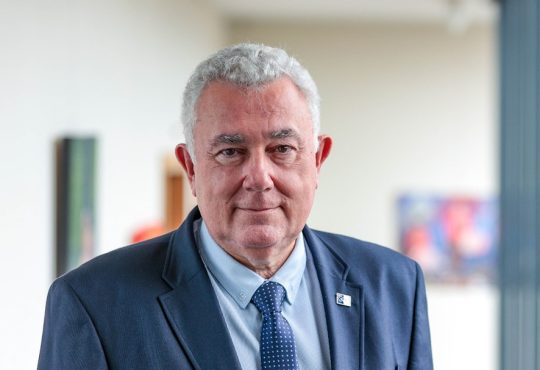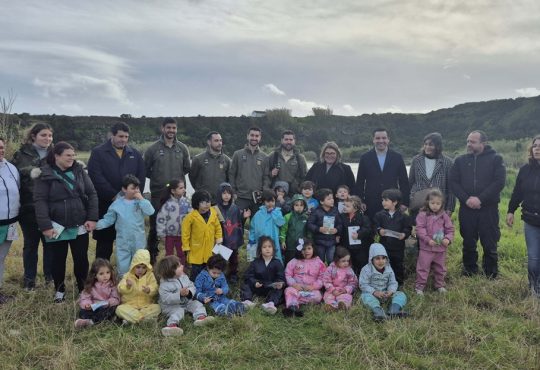
The Regional Secretary for Health and Sport announced at the end of the third meeting of the Task Force for the fight against synthetic drugs, held in Ponta Delgada, the expansion of the street team of the Novo Dia Association, already in September, with two specialists in the areas of psychiatry and infectiology.
According to Mónica Seidi, the Regional Government “takes another important step in this fight, leveraging the know-how of one of our institutions that covers the streets of Ponta Delgada on a daily basis to reach out to people in vulnerable situations.”
“The World Health Organisation marks this day [July 29] as World Hepatitis Day. As we are very focused on vulnerable groups, it is particularly appropriate to talk about a measure that, while not structural, is a containment measure,” she said, stressing that the expansion of the street team, already engaged in social work, aims to “improve the access of such groups to support.”
The third meeting of the Task Force to Fight New Psychoactive Substances (NPS), known as synthetic drugs, took place this Friday at the University of the Azores in Ponta Delgada. It was attended by Félix Carvalho, Full Professor, President of the Northern Regional Section of the Portuguese Pharmacists’ Association and Member of the Medicines Evaluation Commission of INFARMED – National Authority of Medicines and Health Products.
On the occasion of the meeting with Félix Rodrigues, at the invitation of the Regional Director for the Prevention and Control of Dependencies, Pedro Fins, Mónica Seidi also announced that the Regional Secretariat for Health and Sport will make arrangements with INFARMED so that pseudoephredine, a substance used in the composition of methamphetamines, is no longer sold over-the-counter. As such, a prescription will be required, thus limiting the number of packages dispensed by pharmacies.
The Secretary for Health also announced that a survey will be carried out, in partnership with the Institute for Social Security of the Azores (ISSA), to learn more about the clinical profile of consumers of these substances as well as to ascertain the possible occurrence of clinical pathologies.
GRA/RÁDIOILHÉU








